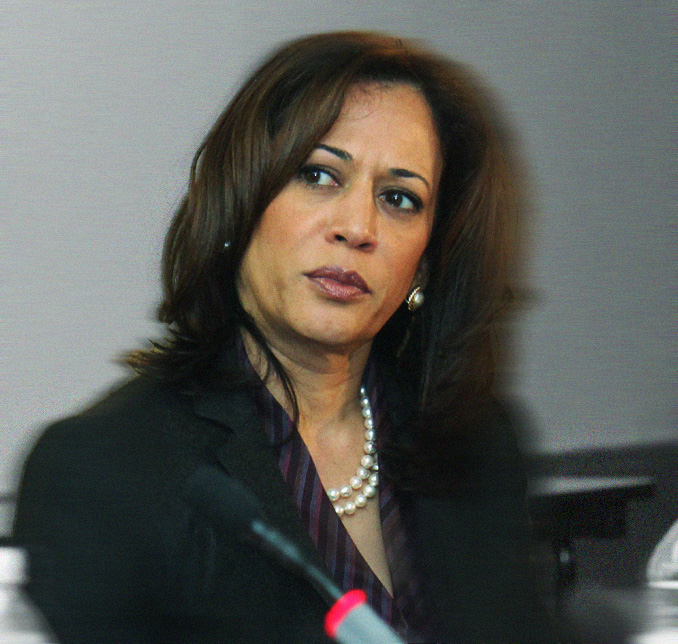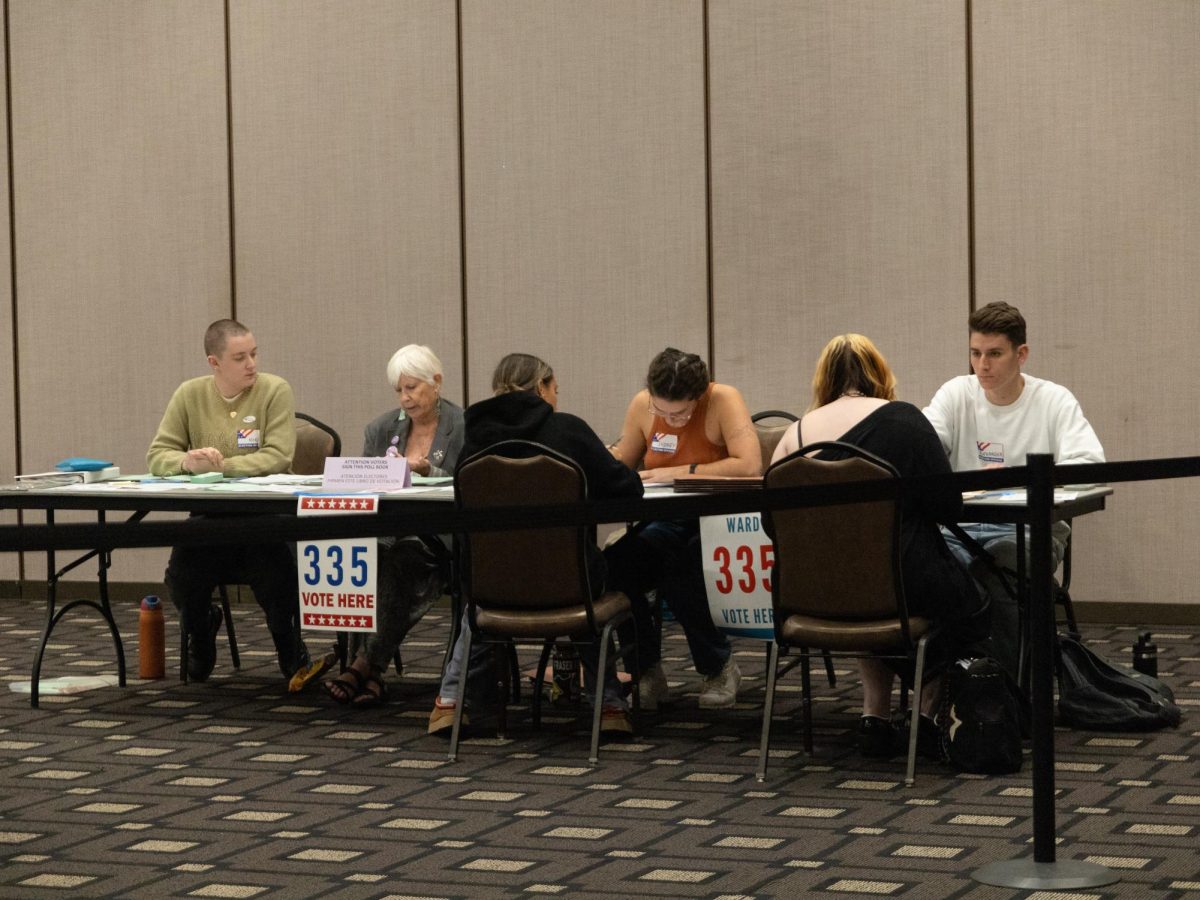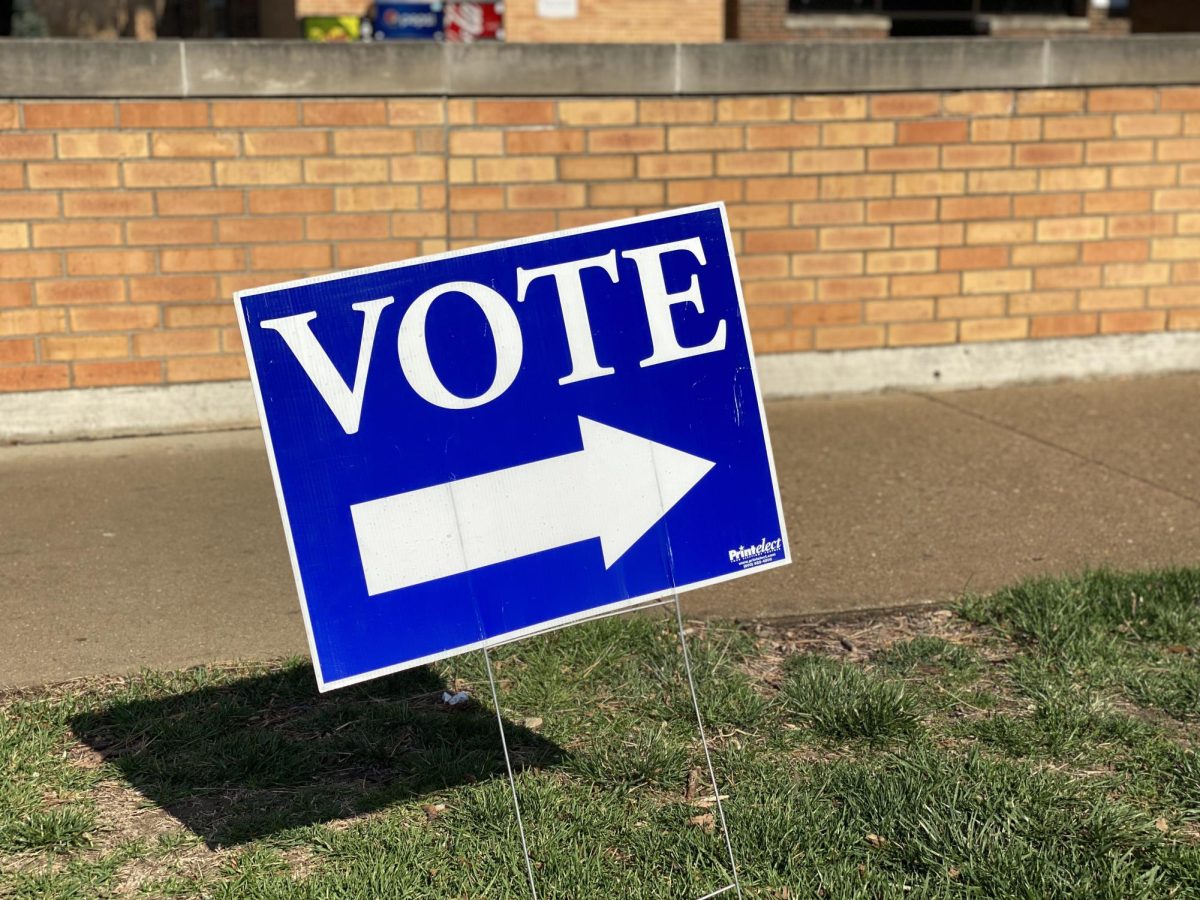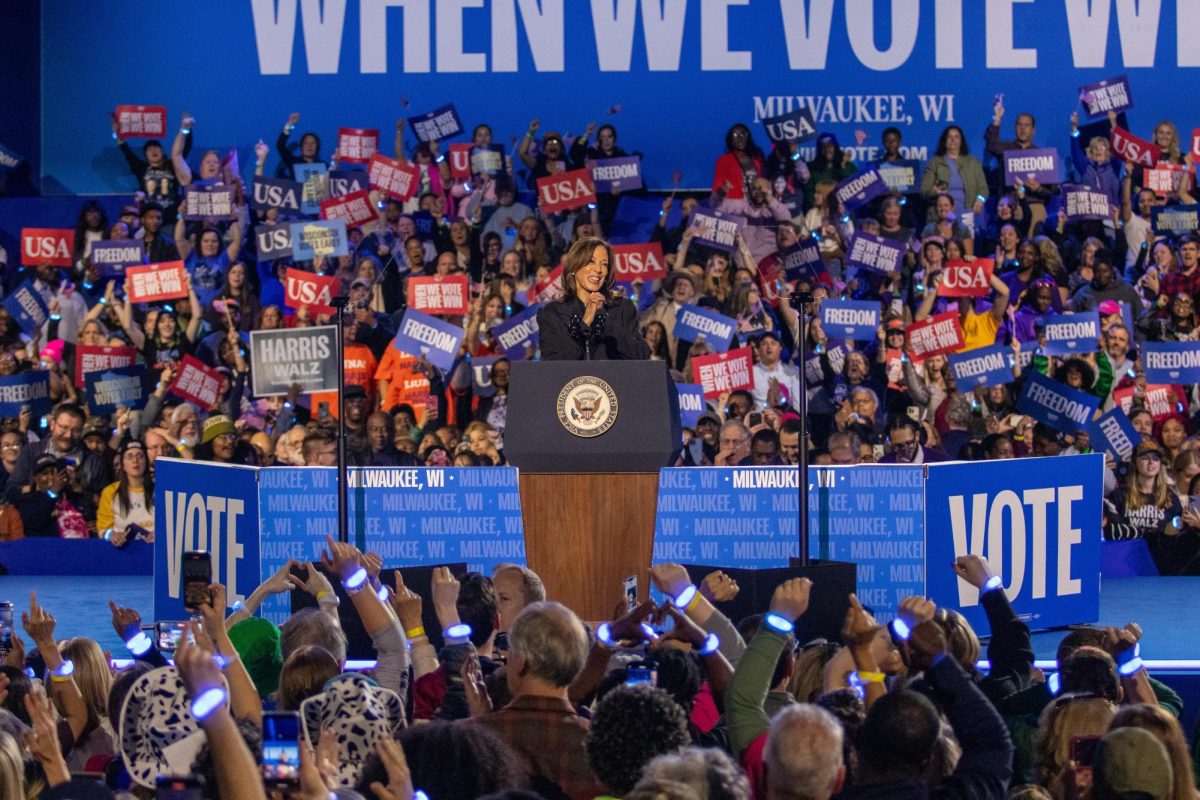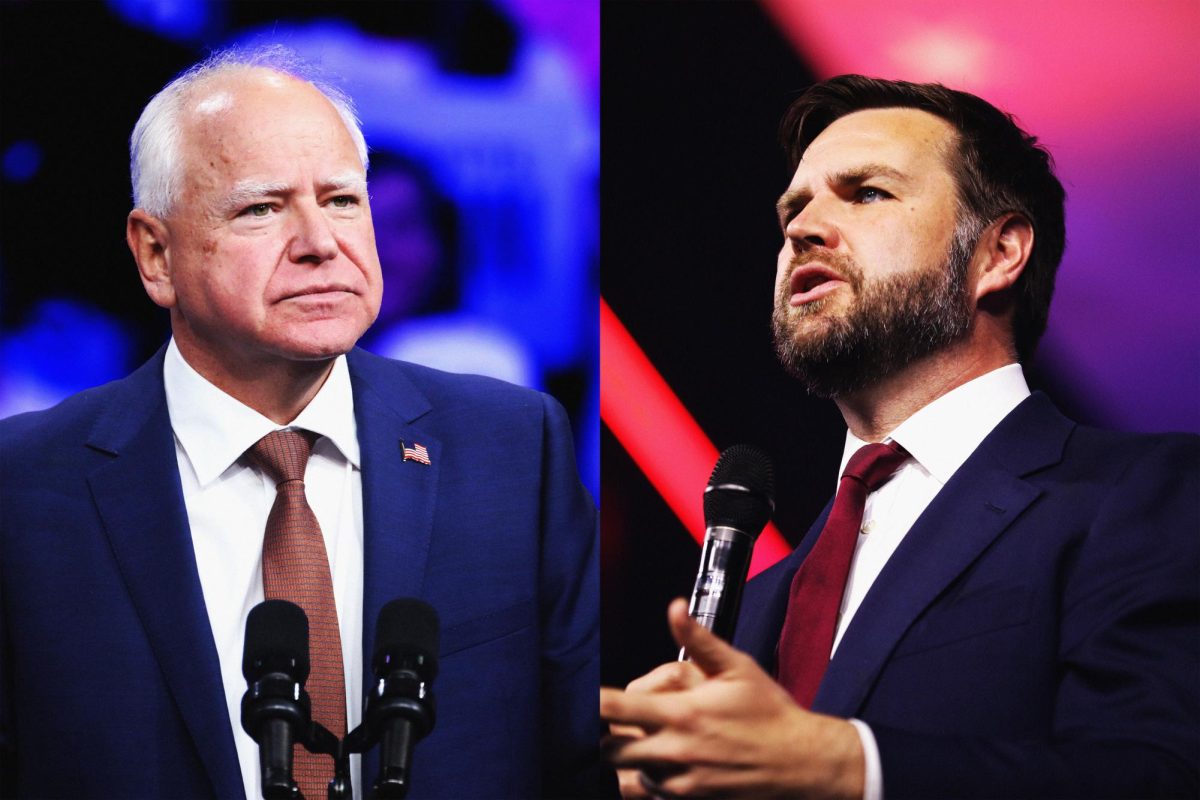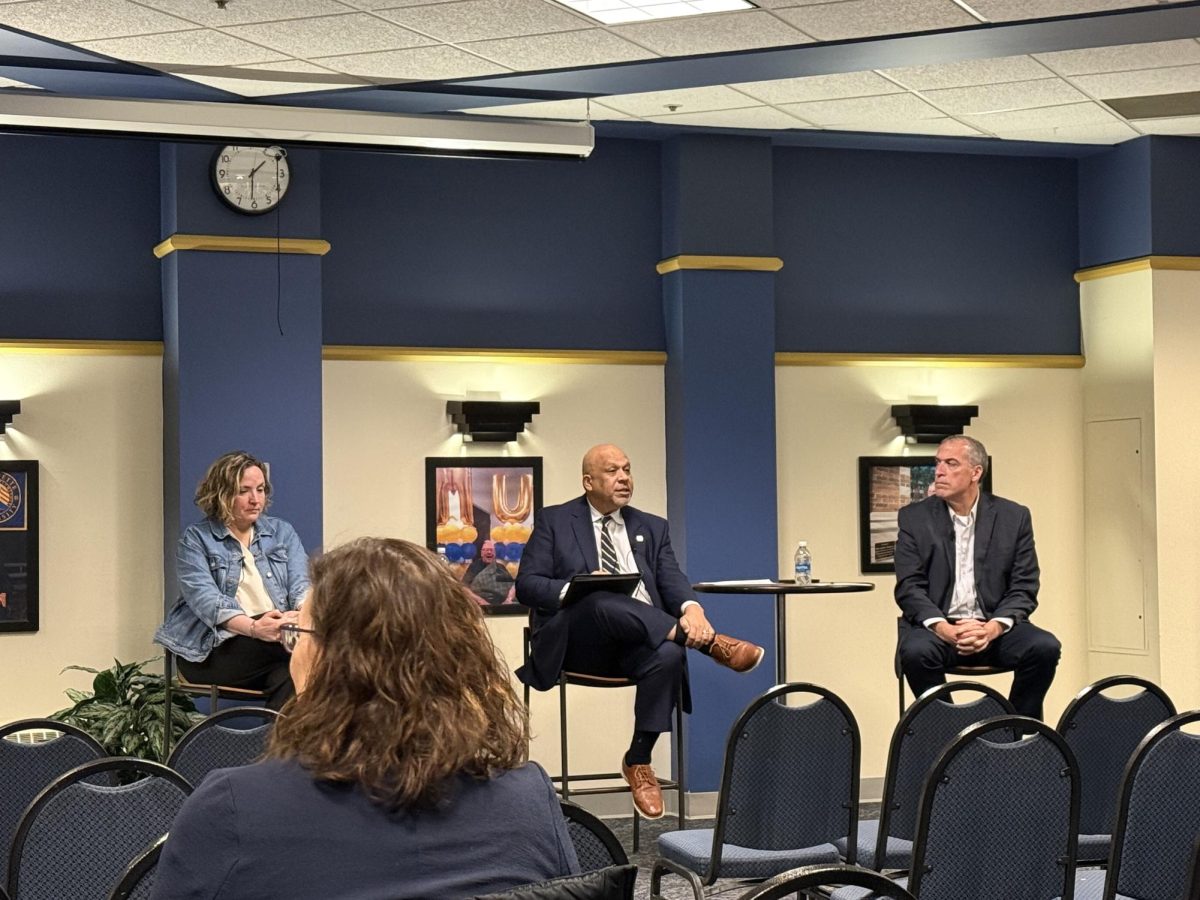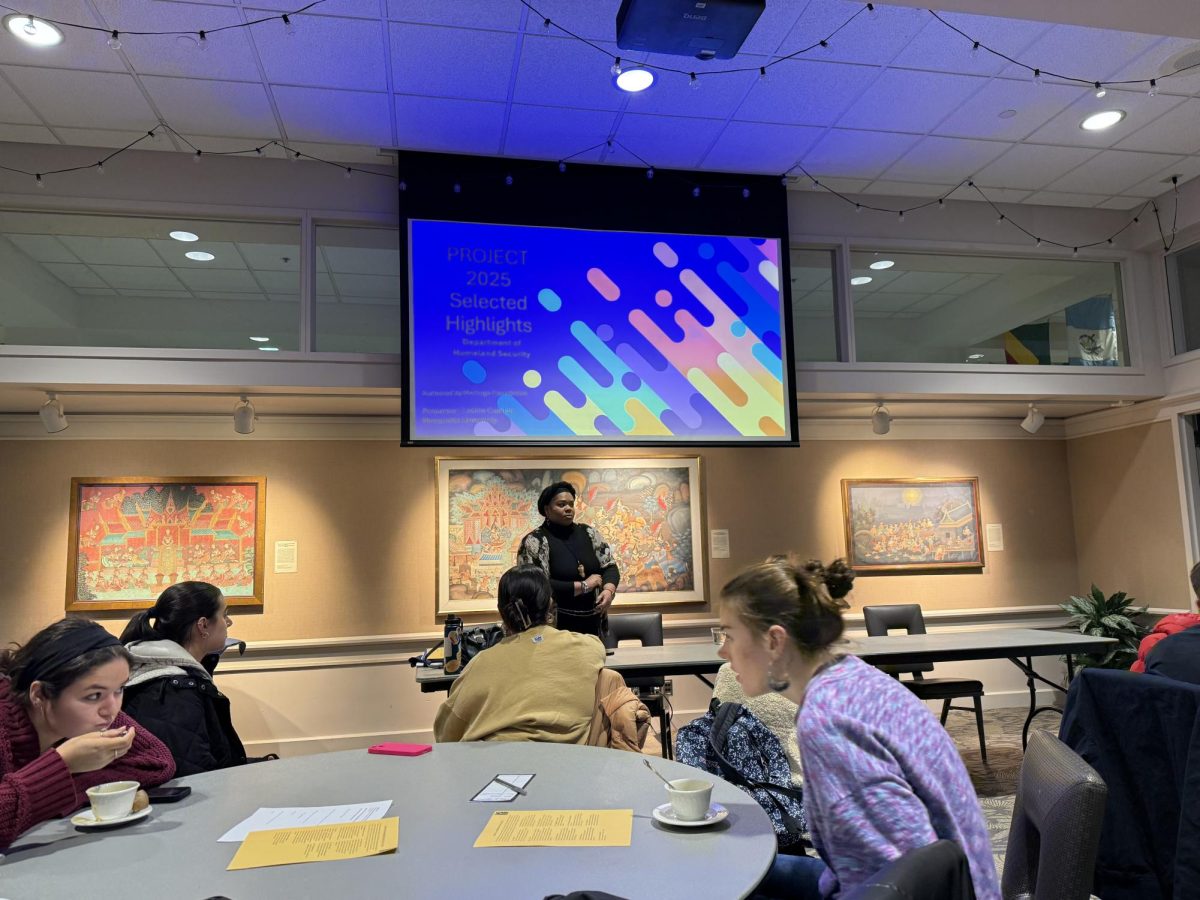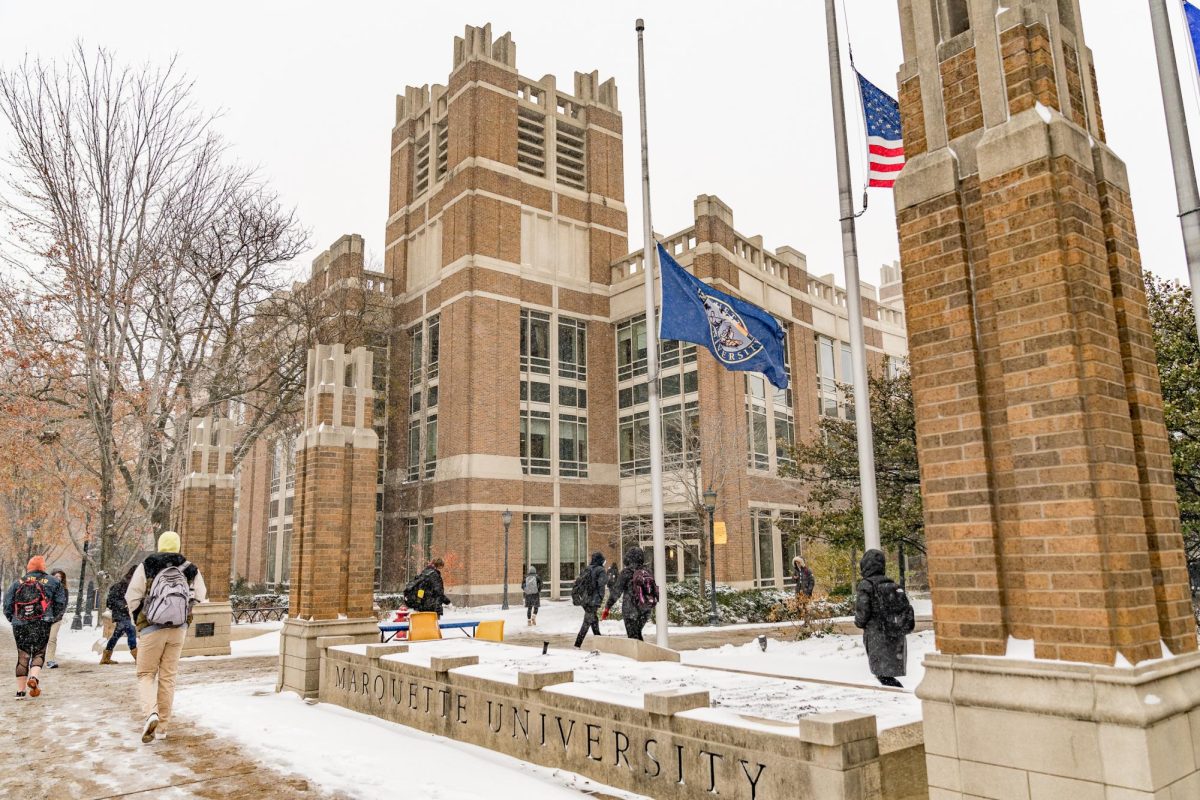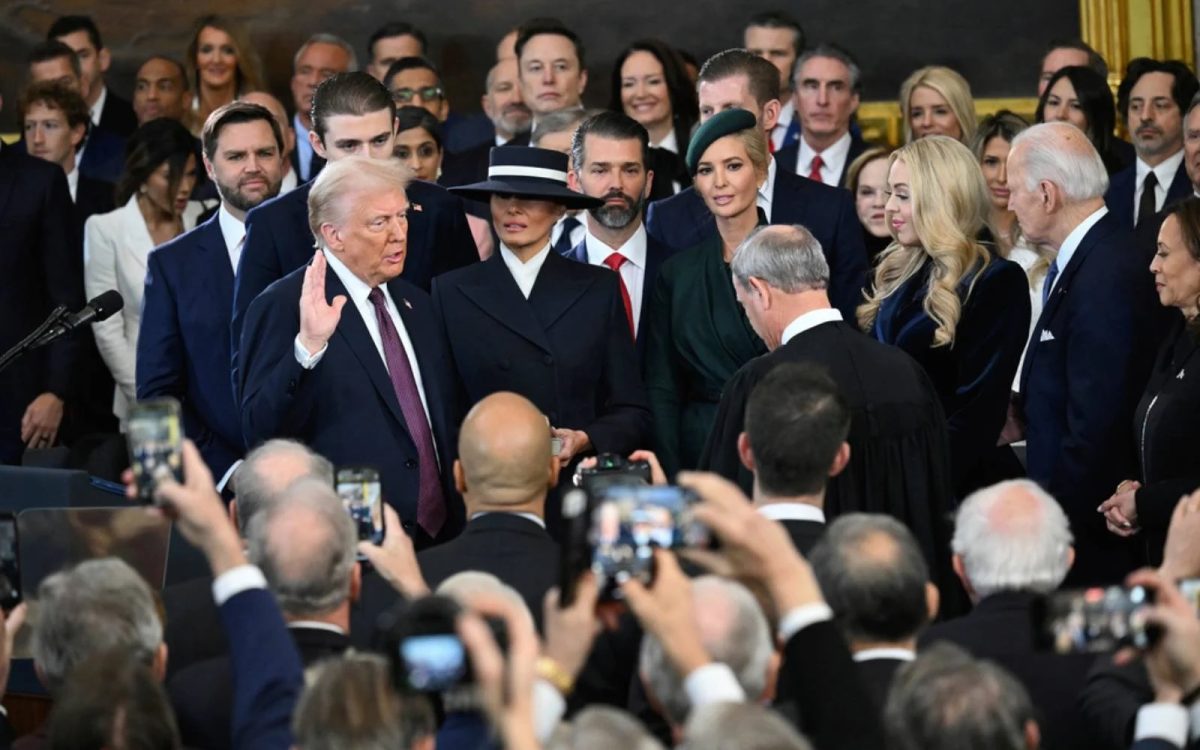This story contains editorial content in regard to the political opinions of students leaders on campus.
The New York Times recently reported that 19% of people deemed that politics have impacted their familial relationships and friendships.
As the political divide grows deeper in the United States, I sat down with two students from different political organizations on campus to discuss how they see the future of our society taking form. Tommy Treacy, a junior in the College of Arts & Sciences and executive vice-president of Marquette Student Government, is also vice chair of Marquette College Democrats and national director for College Democrats of America and Olman Chaheine, a junior in the College of Business Administration, president of Marquette College Republicans.
During our conversation, we discussed some of the biggest issues concerning each political party. Chaheine responding saying immigration and the upcoming presidential election in 2024 are some of the Republican Party’s top concerns.
On the other hand, Treacy says the biggest topics for the Democratic Party are inflation, abortion and the environment.
Q: Where do each of you and your political party stand on the topic of inflation?
“I think a common critique of the democratic party is it’s a party based on social issues,” Treacy says. “So, I think going forward they are trying to show, ‘Hey we do have an economic policy’ … So, I think inflation is one place where they’re trying to look into what the Biden administration can do.”
Treacy says there are a lot of “big issues” coming up like the debt ceiling and student debt cancellation. He says there haven’t been many suggestions on how to tackle inflation that are gaining enough momentum in Congress and says “bridging the two-party divide” has been a challenge.
However, Treacy says there has been economic policy within the Biden administration that could potentially bring some relief.
“Otherwise I know a lot of independent states have been trying to cut down taxes and there has been talks of trying to reduce tariffs [but] none of those seem particularly likely,” Treacy says.
Chaheine says inflation is something he thinks both parties can agree is affecting everybody hard. Chaheine also says the debt ceiling is something of concern because if the United States runs out of money then we would be headed to a recession.
A solution Chaheine proposed to slow inflation was to raise interest rates as the Federal Reserve is doing everything that it can. Chaheine also suggested cutting down spending.
“It’s really a spending issue in my opinion,” Chaheine says. “And it’s not just democrats, but it’s also Republicans. I know Donald Trump added a lot to the debt ceiling and they also raised it.”
Q: Where do each of you and your political party stand on the environment?
In the Republican party, Chaheine says the environment has always been a “taboo” topic to discuss because they believe climate change is a liberal spending policy and made-up.
“I’ve come to realize that ‘okay, climate change is happening,’ but people aren’t as informed about it as they should be,” Chaheine says.
The Biden administration passed the Inflation Reduction Act, which Chaheine says is to invest in renewable energy. He says the Republican Party’s viewpoint on the act is that it seems like it is raising the costs and prices of everything else.
Chaheine says going about solving the various environmental issues is where differences can be seen between both parties. For the Republican Party, Chaheine says the biggest driving force is money and how much money they invest in the environment.
Although Chaheine says that climate change is occurring, he doesn’t believe it’s as serious of an issue as individuals make it up to be. He says it’s “not at the top of the list” of issues in the United States that need to be addressed.
Treacy disagrees with Chaheine and feels like climate change is a serious problem and where he bases most of his voting off of.
“I feel in a lot of ways we’re already a little bit behind the eight-ball,” Treacy said. “We’re very fossil fuel reliant.”
Although Treacy says the government is trying to invest in more green technology, it hasn’t kept up as well as they would want to. He says there are a lot of environmental improvements that need to be made, so he would applaud the Biden administration for trying to make investments and create new technology to combat this problem.
Some environmental issues Treacy says need to be addressed are deforestation in the Pacific Northwest and lead pipe issues.
“Forests are being somewhat sustainably logged for the first time, but … in terms of administration to administration there needs to be some consistency with how we’re regulating and protecting these industries,” Treacy says.
Q: Where do each of you and your political party stand on immigration?
Coming from a family where his dad was an immigrant, Chaheine says he has a first-hand experience on what is going on with immigration. Although Chaheine says there are people who want to come to the United States to better their lives, there are others who want to take advantage of the benefits and resources that the U.S. has to offer.
“People who do want to come into our countries and they’re looking for the legal way of doing that — it doesn’t seem fair to them that people can just come into our country whenever they please and just expect something without going through the process,” Chaheine says.
However, Chaheine says the process to become a United States citizen or resident isn’t right and takes too long. He says his aunt has been waiting to get her citizenship for 10 years. Chaheine says because of this, there needs to be immigration reform.
As of right now, Chaheine says the government just needs to secure the country’s border.
Treacy says he believes Democrats and Republicans agree on the vague proposals within immigration. For example, he says a majority of Democrats don’t believe in an open-border policy since the U.S. is a sovereign state. However, Treacy says the pathway to achieving citizenship is where Chaheine and general Republicans might disagree with him.
“I think there needs to be a lot of reform in terms of pathways to citizenship,” Treacy says. “They haven’t been touched in 30 years, and I think our world has changed a lot in that short time.”
One of the most pressing immigration issues, Treacy says is ensuring the United States has the resources at the border to hear asylum claims, to be able to process shipments coming in and out of the country and other administrative things that might not be the most entertaining topics to campaign on.
“It is really important that we’re protecting people as best as we can,” Treacy says.
Q: Where do each of you and your political party stand on the upcoming presidential election in 2024?
As of now, Treacy says there are two Democratic options — Marianne Williamson, author, and probably President Joe Biden, which Treacy says he isn’t particularly supportive of either at this point in the race.
However, although Treacy says he’s unsure whether or not there will be a lot of competition within the Democratic Party, he believes anyone running for the “highest office in the land” should have to work hard for it.
“I think Joe Biden is no opponent to that, but I would like to see him face some real competition. I would like to see him face some younger competition,” Treacy says. “But at the end of the day, I do think he’s had a lot of legislative victories that don’t make him a bad candidate for a second term.”
Some of the main Republican candidates Chaheine says might be campaigning are former president Donald Trump, Nikki Haley, former governor of South Carolina, Ron DeSantis, governor of Florida, former Vice President Mike Pence and possibly Ted Cruz, United States senator.
“The biggest device amongst voters is Donald Trump versus everybody else. Trump is probably the strongest Republican candidate right now running for office,” Chaheine says.
Agreeing with Treacy, Chaheine says if someone is running for the highest position in office, they should have to work hard. He says he’s happy there’s a good competitiveness among those campaigning for office.
Q: What do you think future generations of leaders should be focusing on right now?
Treacy says college-aged individuals should be focused on three things: the environment, access to abortion and voting access.
“I think it’s something [voting access] that’s coming that kind of comes and goes a little bit — how we make sure that everyone can vote while maintaining election security and integrity,” Treacy says.
Chaheine says these individuals should focus on inflation. He believes how much spending power people have is going to diminish more and more.
“Money affects all of us, and so if we can find a way to use money so that it best fits our needs then let’s do that,” Chaheine says.
Q: For the most part, what are topics both of your political parties can agree on?
Although they might disagree on the solutions, Treacy and Chaheine both say inflation as a topic where both parties can agree is becoming a problem.
Treacy also says that issues around the environment are increasingly becoming a topic both parties also agree on.
In terms of both parties coming together, Treacy says he doesn’t think there’s a magic solution to this.
“It comes down to everyone learning how to respect each other. A more honest, open and respectful dialogue is, at times, politically inconvenient but best for the soul of our nation,” Treacy says.
Chaheine, on the other hand, believes a large-scale event would have to happen in order for both parties to come together.
“I see this being the national debt crisis. If the U.S. defaults, then the parties will have no choice but to come together,” Chaheine says.
Q: Where do you see your parties going in the future?
For Chaheine, he predicts the Republican Party staying the same until there are changes within the presidency. Treacy says he sees the Democratic Party focusing on “kitchen table issues” like paid paternity leave, sick leave and healthcare.
Currently, the U.S. has a partisan Congress — something that Chaheine says isn’t efficient.
“Nothing gets done with a partisan Congress. I would not want this in the future, however, due to difference of opinion, and seeing how people are different, I think we will have a partisan Congress for a long time,” Chaheine says.
Similarly, Treacy is worried about having a partisan Congress in the future.
“It is important that all elected officials stand up for what is right, not what is convenient,” Treacy says.
And while what is right may come with a different answer, depending on who you ask, Chaheine and Treacy have hope for the next generation.
This story was written by Julia Abuzzahab. She can be reached at julianna.abuzzahab@marquette.edu or on Twitter @juliaabuz



